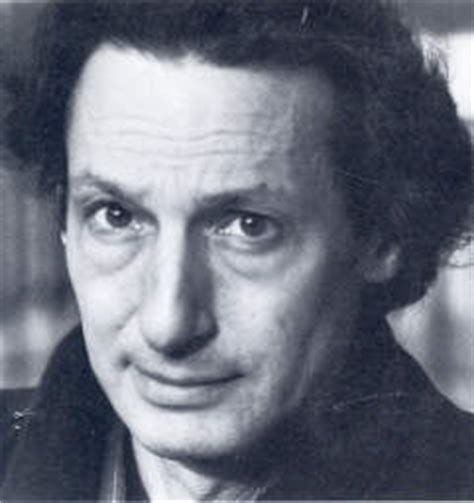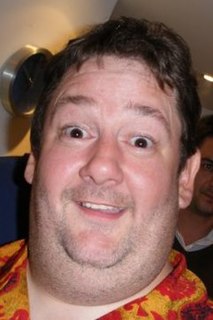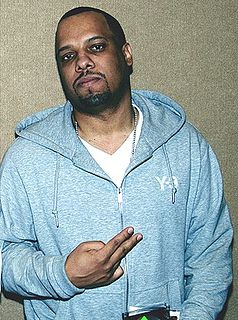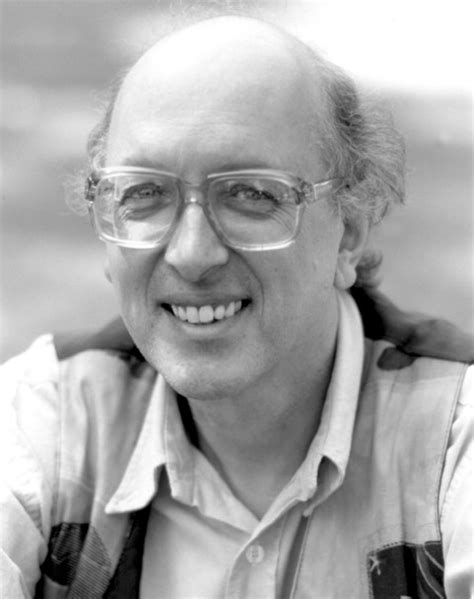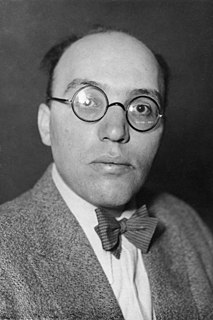A Quote by Don McLean
That song didn't just happen. It grew out of my experiences. 'American Pie' was part of my process of self-awakening: a mystical trip into my past.
Related Quotes
All roads lead to 'American Pie.' 'As American as apple pie' was the saying. It was some kind of a big American song that I wanted to write, which would be a conclusion for my show and bring all the songs home, which it still does. I can go anywhere I want with American music and come home to that. And it all makes sense.
Historians constantly rewrite history, reinterpreting (reorganizing) the records of the past. So, too, when the brain's coherent responses become part of a memory, they are organized anew as part of the structure of consciousness. What makes them memories is that they become part of that structure and thus form part of the sense of self; my sense of self derives from a certainty that my experiences refer back to me, the individual who is having them. Hence the sense of the past, of history, of memory, is in part the creation of the self.
When writing I just go with the song. I go with the song and try to tell the story. So the story may be "Wonderful Baby", which is a little song. Or it might be a gentle song, "Empty Chairs". Or it might be a rock and roll song like "Prime Time" or "Run, Diana, Run", or "American Pie". I don't know where it's gonna go. I don't have any idea what I'm doing. I just do it. I just keep doing it. I keep taking adva
My approach is that we are not searching for experiences here. We are trying to know the one who experiences all experiences. Our search is for the witness. Who is this observer? Who is this consciousness? Sometimes it feels sad, sometimes it feels happy; sometimes it is so high, flying in the sky, and sometimes so down. Who is this watcher of all these games? - high and low, happy, unhappy, in heaven and hell. Who is this watcher? To know this watcher is to know God. And you are already it - just a little awakening is needed... no search but only awakening.
Synchronicities, epiphanies, peak, and mystical experiences are all cases in which creativity breaks through the barriers of the self and allows awareness to flood through the whole domain of consciousness. It is the human mind operating, for a moment, in its true order and moving through orders of increasing subtlety, reaching past the source of mind and matter into creativity itself.

